The military diet is a dieting program that has been gaining popularity in recent years. In essence, it is a fairly simple regimen. For three days out of each week, you are restricted to a very low number of calories. During this time, you are supposed to eat from a list of recommended foods. Some people also call it the “3 day diet.” Those who follow this 3 day diet lose 10 pounds per week, or so we are told.
For the other four days of the week, your diet is not restricted to any particular food. While all foods are allowed, the dieter observes a 1500-calorie limit each day. By repeating this cycle for a month, proponents claim that you can lose up to 30 pounds.
Where Does The Military Diet Come From?
As far as we can tell, this diet is mainly promoted by a single source: a website called themilitarydiet.com. In spite of the name, we can conclusively state that this diet has absolutely nothing to do with the military. This leads us to wonder; exactly why do they call it the military diet?
There is only one logical answer to this question. The military diet is a strict and regimented diet, and the name is supposed to reflect that fact. However, we can also see that this same diet has been marketed under many different names. For a while, they called it the “Mayo clinic diet.”
As we can tell from a quick look at their website, the Mayo Clinic does endorse a specific diet, but it bears little resemblance to the military diet.
A very similar type of diet was once marketed as the “Birmingham Hospital diet.” If we look at the specifics of this diet, we can see that it is almost the same as the diet now being marketed as “the military diet.” However, we can also see that this diet was not developed at the University of Alabama’s Birmingham Hospital, as claimed by proponents. In fact, officials at the college have denied any knowledge of (or association with) this diet plan.
The Military Diet Meal Plan
Let’s take a look at the specifics of the military diet. After doing this, we will be in a better position to judge the pros and cons of this diet.
Day One
Breakfast consists of half a grapefruit, a slice of dry toast, two tablespoons of peanut butter, and one cup of coffee or tea. Lunch consists of half a cup of tuna, one slice of dry toast, and a cup of coffee or tea. Dinner consists of meat (3 ounces, any type), one cup of green beans, half a banana, one small apple, and one cup of vanilla ice cream.
Day Two
Breakfast consists of one egg, one slice of toast, and half a banana. Lunch consists of one cup of cottage cheese, one hard-boiled egg, and five saltines. Dinner consists of two hot dogs (no bun allowed), one cup of broccoli, half a cup of carrots, half a banana, and half a cup of vanilla ice cream.
Day Three
Breakfast consists of five saltines, one slice of cheddar cheese, and one small apple. Lunch consists of one hard-boiled egg and a single slice of toast. Dinner consists of one cup of tuna, half a banana, and one cup of vanilla ice cream.
Days Four-Seven
For these days, you can eat whatever you please, but you are supposed to observe a 1500-calorie daily limit. The makers of the military diet have a list of recommended foods that you can use during this period.
Substitutions
For those who cannot (or will not) eat one or more of the assigned foods, the military diet allows a number of substitutions. Here is a quick list:
- Grapefruit = a glass of water with half a teaspoon of baking soda added
- Toast = 1/8 cup of sunflower seeds, half a bagel, half a cup of whole-grain cereal, half a protein bar, or 1/4 cup of yogurt with half a teaspoon of flax seed added
- Peanut butter = almond butter, cashew butter, pumpkin butter, soy butter, sunflower seed butter, hummus, or bean dip
- Coffee = sugar-free Red Bull
- Tuna = Any other kind of fish including lox, cottage cheese, chicken, tofu, avocado, hummus, or almonds
- Meat = lentils, beans, tofu, or mushrooms
- Green beans = equal caloric amount of any other green vegetable
- Banana = kiwis, papaya, apricots, plums, grapes or apple sauce
- Ice cream = yogurt, apple juice
- Egg = milk, chicken, seeds or nuts, bacon, or beans
- Cottage cheese = plain greek yogurtm, cheddar or ricotta cheese, eggs, ham, and tofu
- Saltines = rice cakes, quinoa, couscous
- Hot dogs = turkey dogs, soy/tofu dogs, bratwurst, lunch meat, baloney, beans, lentils, mushrooms
- Broccoli = cauliflower, spinach, brussels sprouts, or asparagus
- Carrots = Squash, parsnip, beets, celery, or bell peppers
- Cheddar cheese = an egg, cottage cheese, soy cheese/soy milk, or ham
- Apple = grapes, peaches, plums, pears, zucchini or apricots
The Pros:
First, let’s examine the good points of this diet. The single best thing about this diet is the fact that you are virtually guaranteed to lose weight. With such a low caloric intake, it would be very hard for any other outcome to result. This one benefit is probably the main reason for the popularity of this diet.
Apart from this, the military diet will definitely encourage a greater degree of personal discipline. It takes willpowerto stick with a minimal eating plan (which is essentially what this diet is), and not everyone has a strong will. That being said, it is more than possible to develop willpower and personal discipline, and this diet will probably help in such an effort.
Another good thing about this diet is the fact that it promises rapid results. If the advertising is to be believed, this diet produces noticeable results in a relatively short period. Thirty pounds in thirty days is a tall order, but not outside the realm of possibility. Even if a person can lose twenty pounds in thirty days, that is still pretty good. However, such rapid weight loss is abnormal.
Another good thing about this diet is the fact that you don’t have to eat bland food. You may not be eating a lot, but at least you will enjoy the small amount that you are able to have. I know of very few diet plans that allow you to eat things like cheese and bacon.
As a final benefit, we might mention that this diet has obviously been designed with everyone in mind. Vegetarian/vegan substitutions are available for all meat items and animal products on the list. There are also kosher options like bagels and lox (salted fish). We can see that the makers of this diet have attempted to create a program that can work for anyone.
The Cons:
There are several significant downsides to this diet. Let’s start with credibility issues. As we mentioned before, the name of this diet is a little bit misleading. This diet was not developed by the military, is not used by the military, and has no logical reason to be associated with the military. While this fact might not be a huge problem for you, it does make us rightly question the honesty of those who promote this diet.
Actual military diets are made for very active people, and thus include much larger portions. The military diet that we have been examining does not provide sufficient energy or nutrition for a soldier (or anyone else).
On top of that, we can also see that this diet has changed names with great frequency, often trying to fraudulently associate itself with prominent hospitals and clinics. When we see this kind of serial dishonesty, we are disgusted. The public does not deserve to be lied to in this manner.
Another problem is the fact that this diet doesn’t seem very well-researched. We can see this in the somewhat random assortment of foods that are used in this diet. This randomness can be seen most clearly when we look at the substitutions. Take a look at that section, and you will quickly see what we mean.
For example, how in the world does a glass of water mixed with baking soda substitute for grapefruit? The main nutritional benefit of grapefruit is vitamin C, which is a powerful antioxidant and all-around good nutrient. Baking soda (sodium bicarbonate) contains no vitamin C, nor any of the other nutrients that are contained in a grapefruit.
The makers of the military diet attempt to explain this substitution on their website. They say that the purpose here is to create an alkaline condition in the body. According to these people, fat flourishes in acidic environments. Therefore, they consider both grapefruit and baking soda to be a good source of alkalinity. There is more than one problem with this claim.
If you don’t understand any of this, take a minute to educate yourself about the Ph scale before reading any further.
The makers of the military diet are attempting to borrow a method from the so-called “alkaline diet.” In this diet, acid-forming foods like meat and dairy are avoided, while alkaline-producing foods like fruits and vegetables are encouraged. While this diet is probably effective, the military diet uses only one small piece of its method. Meat, eggs, dairy products, and other acid-forming foods are still utilized in the military diet, so borrowing one tiny part of the alkaline diet is unlikely to make any difference.
Another problem is the fact that nutrition matters, especially when you are eating so little in a day. When the makers of this diet completely dismiss the huge nutritional differences between grapefruit and baking soda, they are insulting our intelligence. Some of the other substitutions are equally ridiculous.
The biggest problem with this diet is the fact that it is, essentially, a starvation diet. You are giving your body the bare minimum of calories that it needs to survive. Anyone can do this, and you don’t need a specific meal plan. Look at the substitutions again and see how many there are. This tells us that your specific choice of foods will not make much difference. This diet works by keeping your body in a state of near-starvation, and that is simply not a healthy way to go.
Alternatives To The Military Diet
There are several alternatives to the military diet for those who need to lose weight as quickly as possible. After all, there is no reason that a person would even need a restrictive diet like this one. Let’s consider two of the better alternatives.
The Mediterranean Diet
The Mediterranean diet is based on the traditional diets of various Mediterranean nations, particularly Greece and Italy. One only needs to look at statues of ancient Greek and Roman athletes to realize that they were doing something right. Here is an excellent article about this diet which will give you more information.
This diet has a lot more science behind it than most. It has been shown, over and over again, to reduce the risk of heart attacks and heart disease. The low rate of cardiovascular illness in Mediterranean countries was, in fact, the main inspiration for this diet’s increasing popularity. In fact, this study found that a Mediterranean diet resulted in lower mortality rates across the board!
High-Protein Diets
There are a lot of high-protein diet plans out there, and they aren’t just intended for bodybuilders. Research has proven that a high-protein breakfast will reduce food cravings throughout the day, which is always a good thing for those who want to lose weight in a hurry.
There is another reason why protein helps you lose weight. When your body burns its fuel (food), it has to exert some of its energy to process that fuel. This means digestion itself will burn calories. This study might shed some more light on the subject. When the body burns fuel, it gives off heat (the process is called thermogenesis). By measuring this heat, scientists can tell roughly how much energy the body used when processing a particular meal. This research has shown that protein requires more calories in order to break it down. The result is a reduction in fat storage.
Conclusion
After a careful review of the existing evidence, we cannot recommend the 3-day military diet. Its methods are questionable, and its research is dubious. Even if you are desperate enough to starve yourself for a month, you don’t need any specific plan to do so! Anyone can do that!
This diet might seem like a good idea to many because it offers a shortcut whereby weight loss can be achieved with minimal time and effort. However, short cuts make for long delays, and this is no exception. We hope that we can continue to help you with our research and that you will choose to help us by following us on Facebook. After all, a click costs nothing! If you follow us, you will be helping to spread the gospel of good health to a larger audience, and there’s certainly nothing wrong with that.
The post What Is the 3-Day Military Diet? appeared first on Gaspari Nutrition.



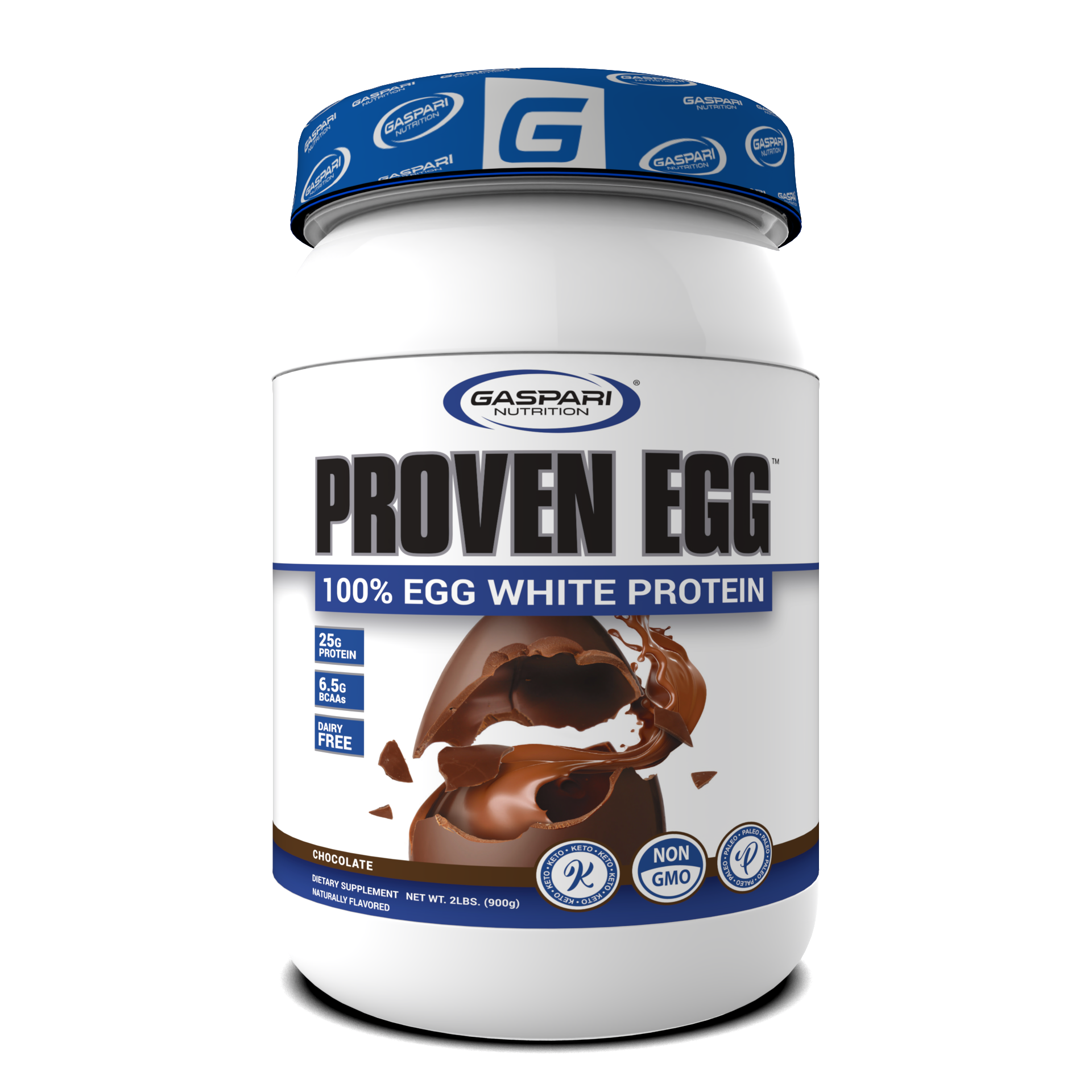



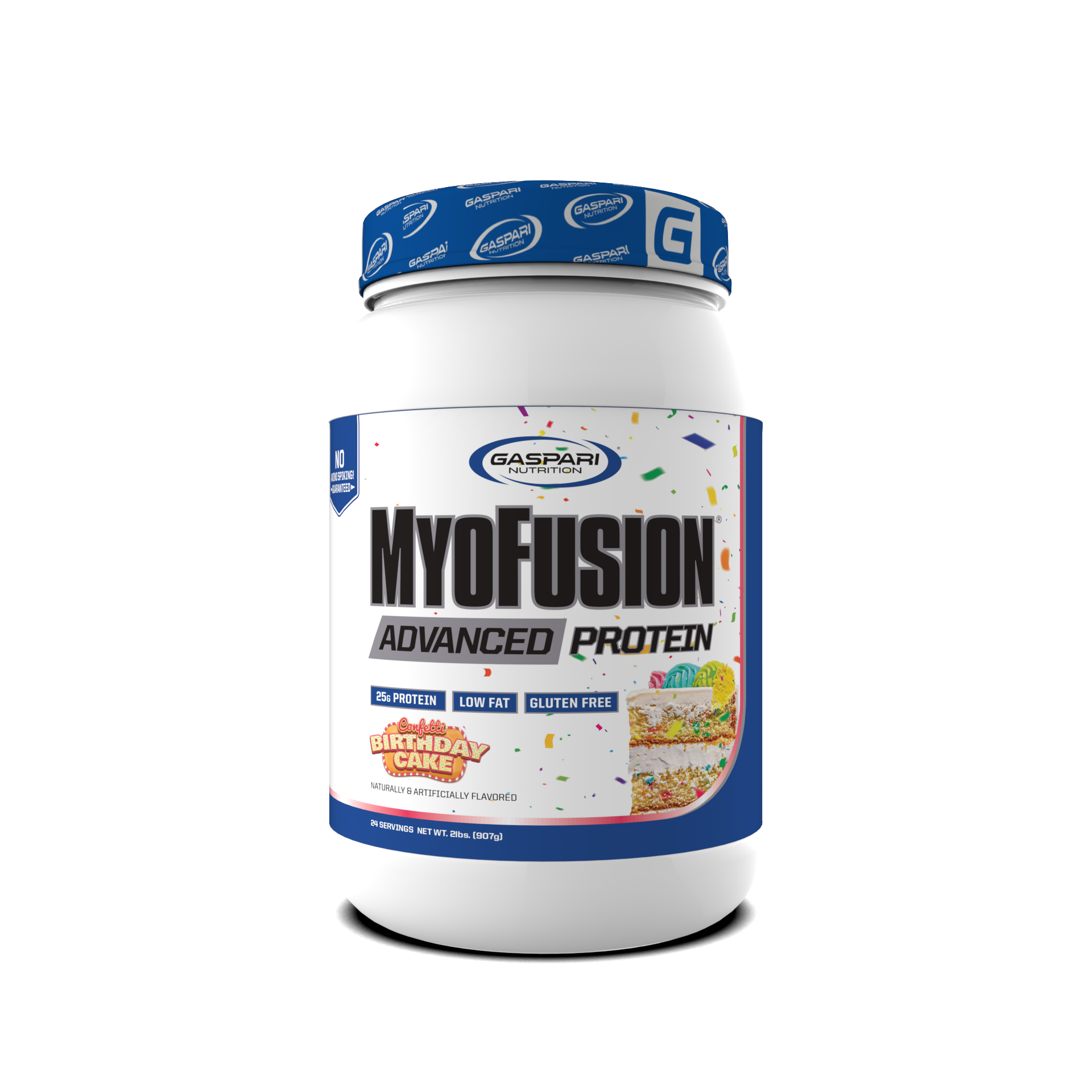



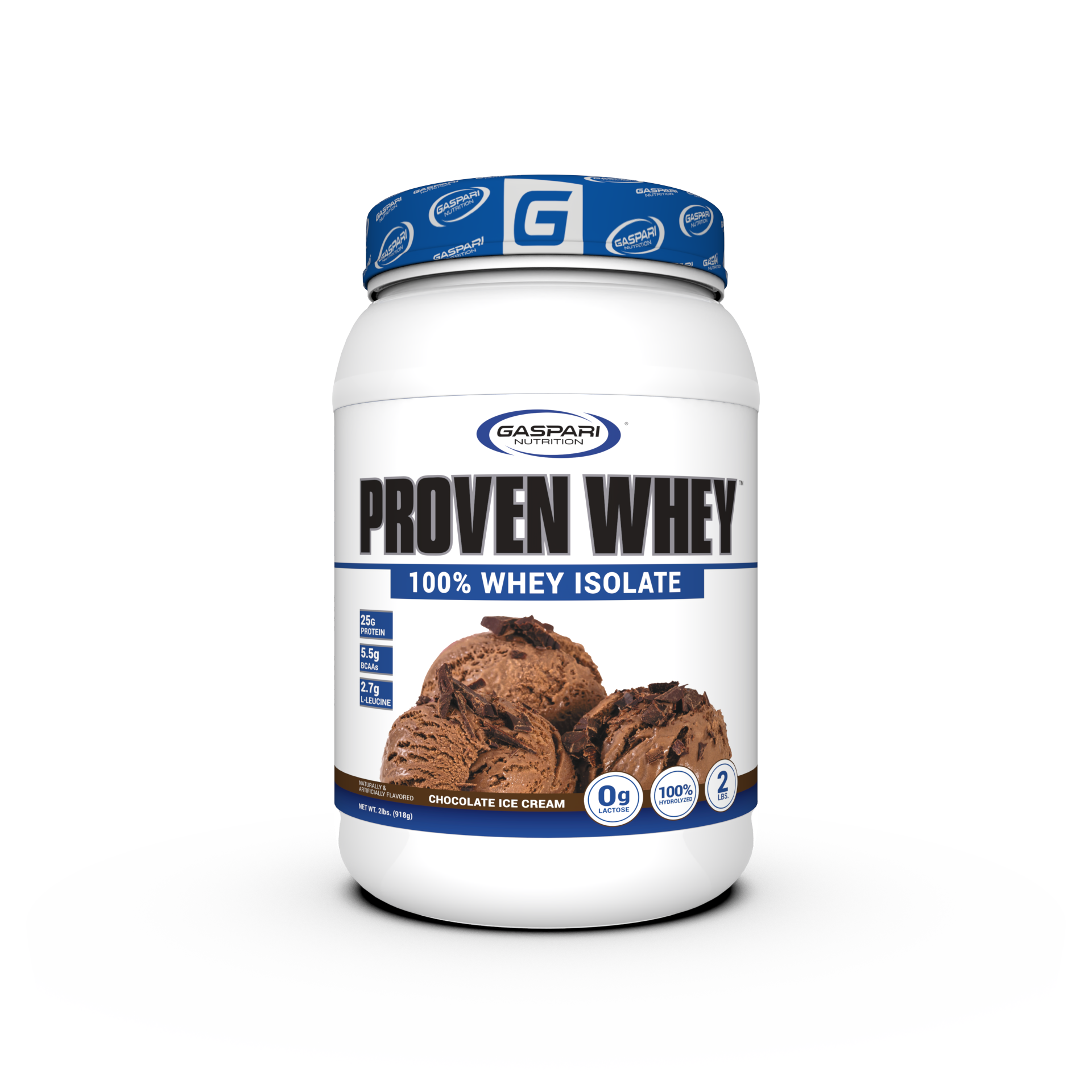




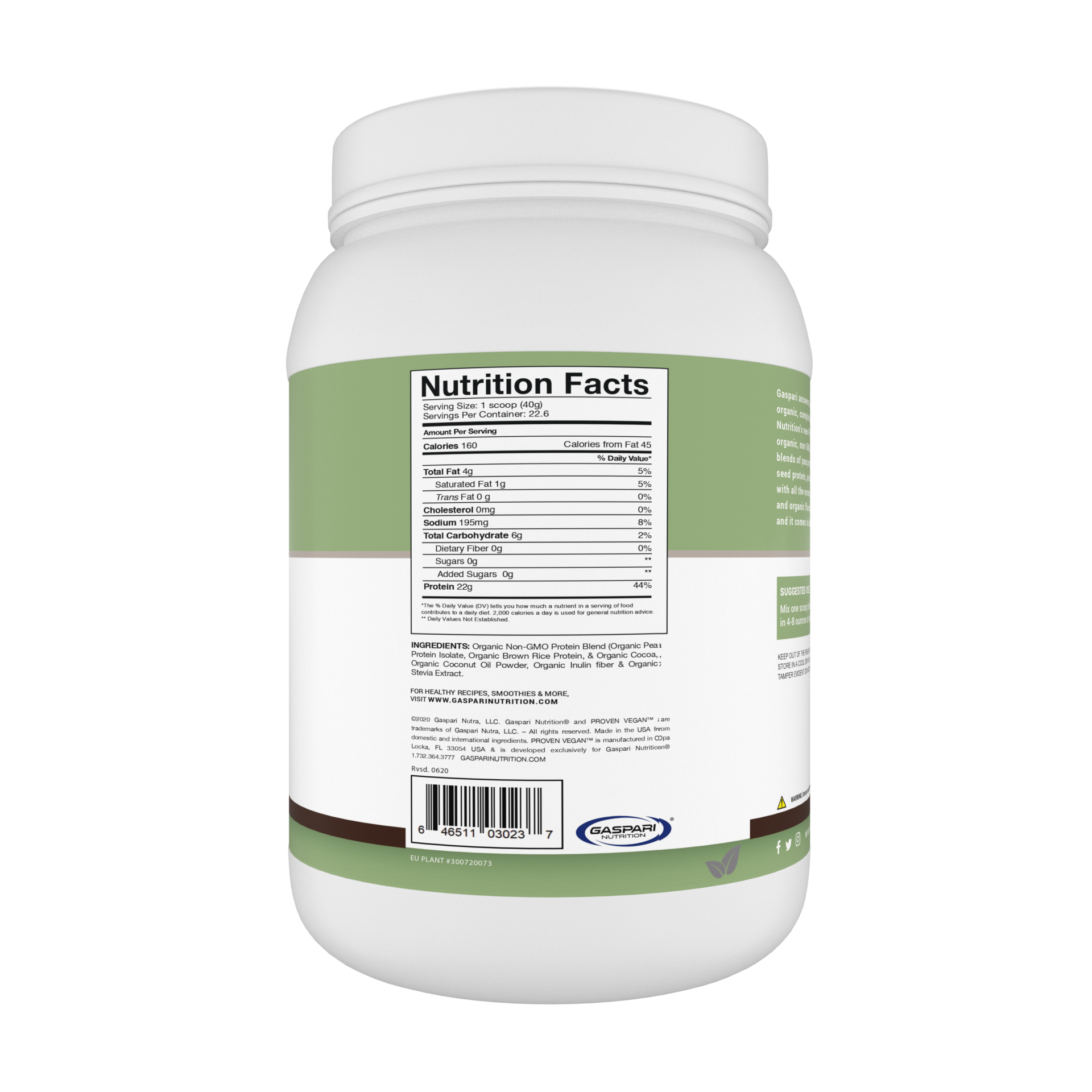


















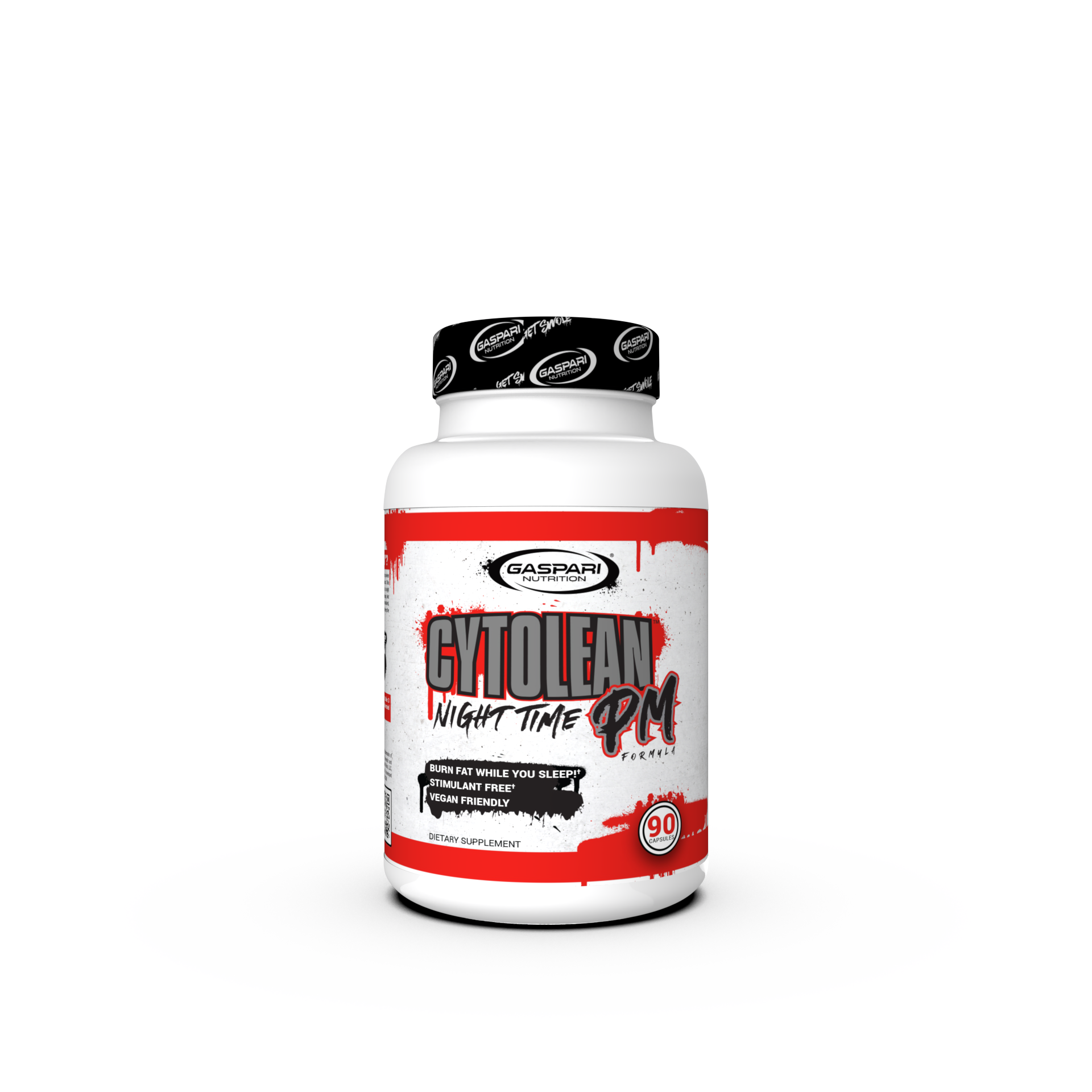



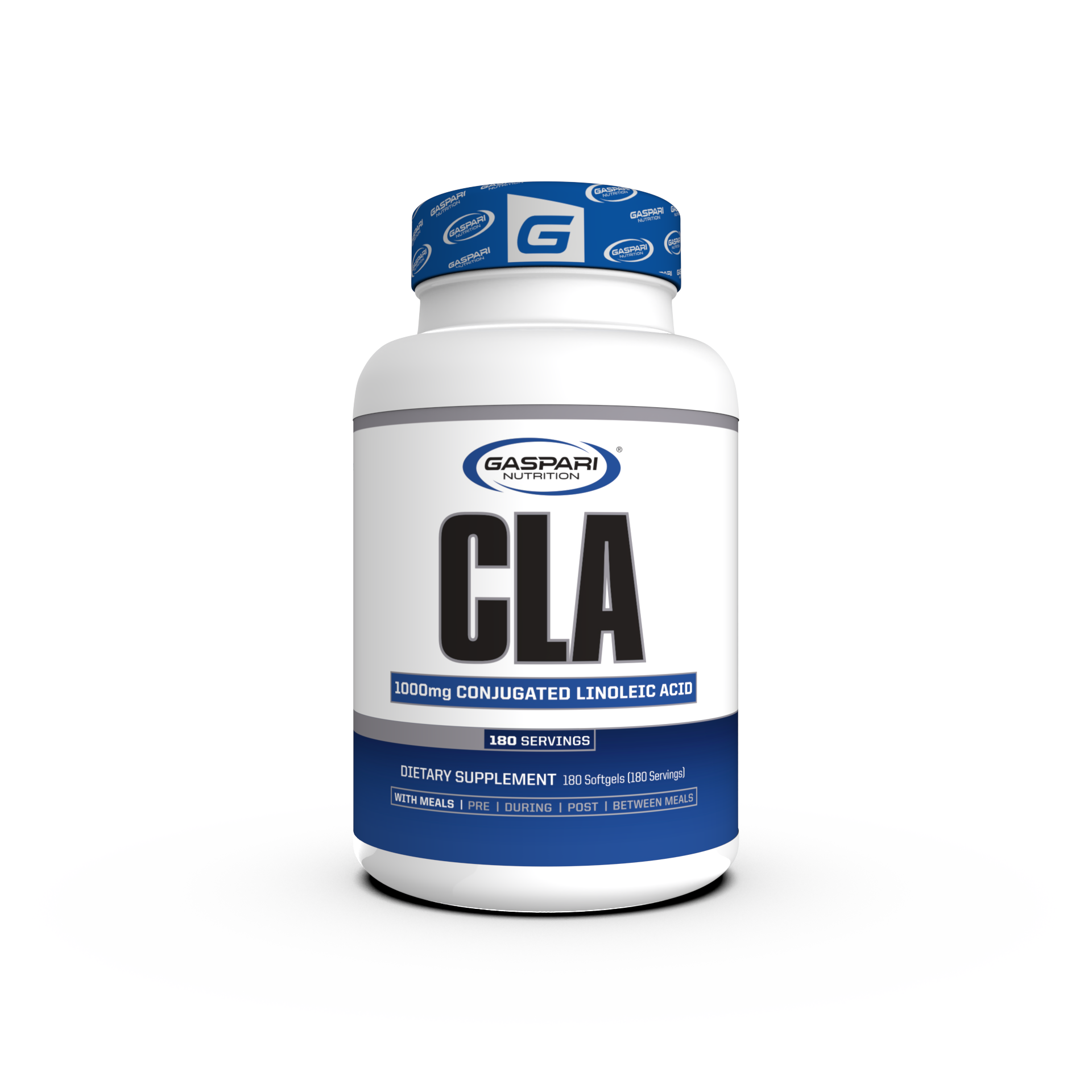



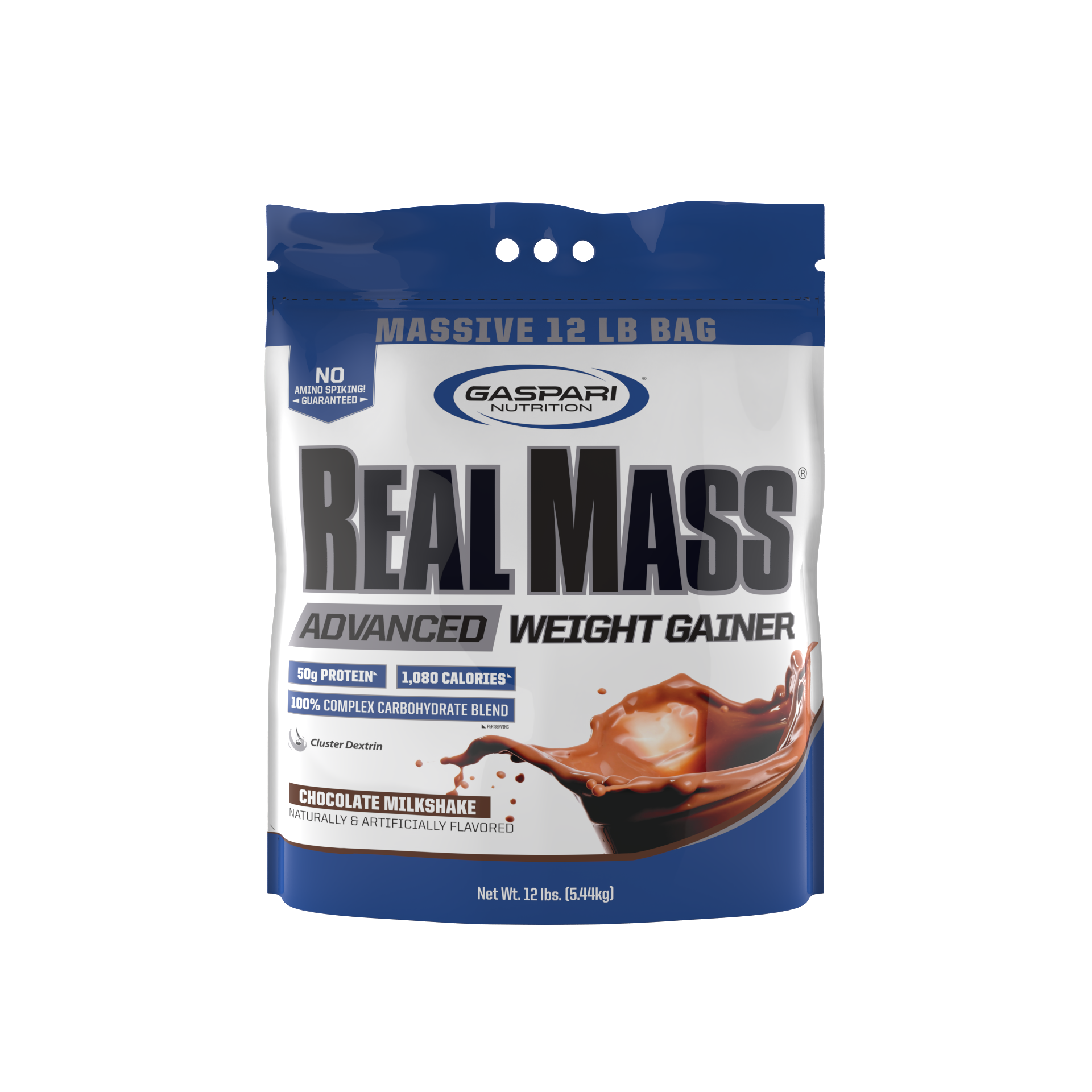



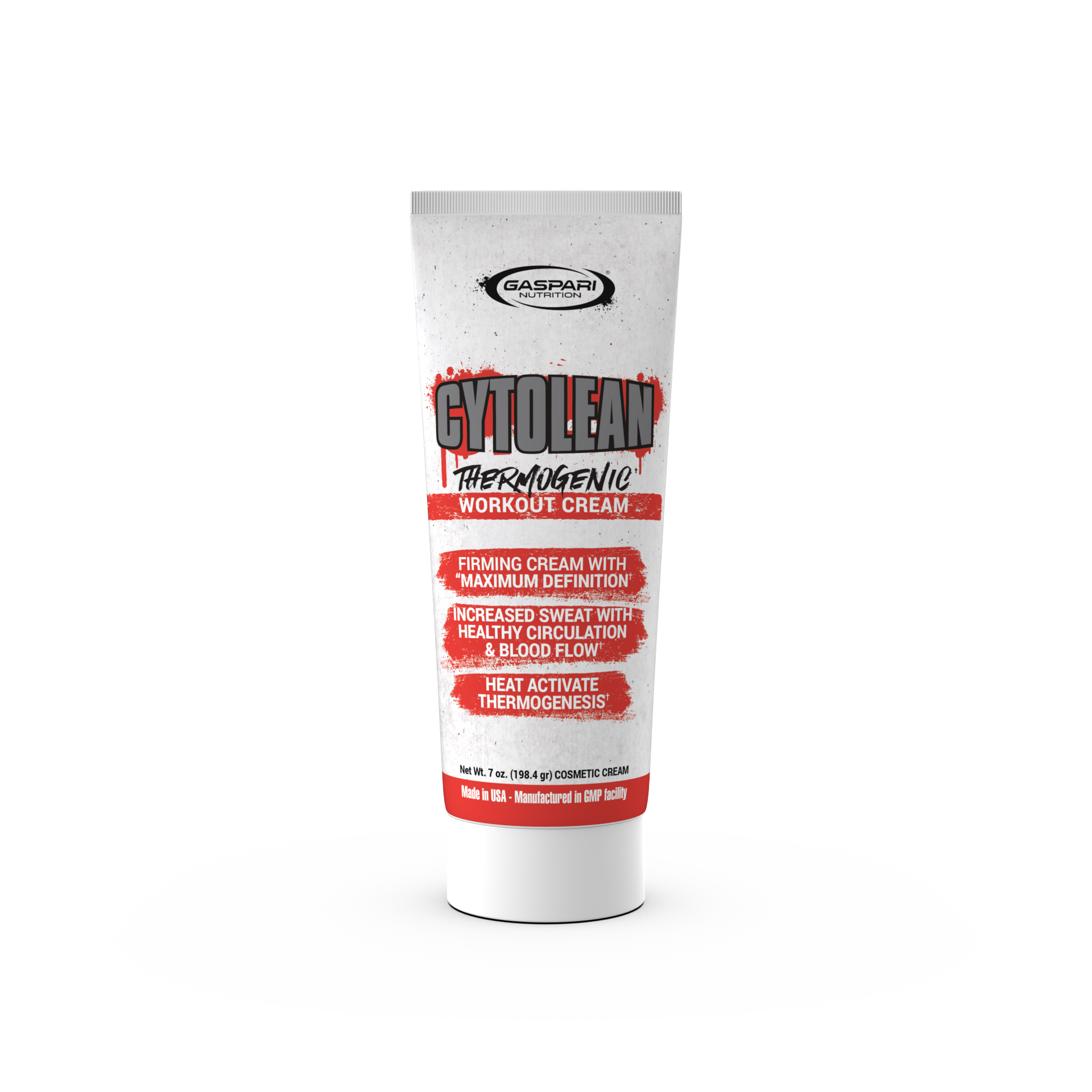







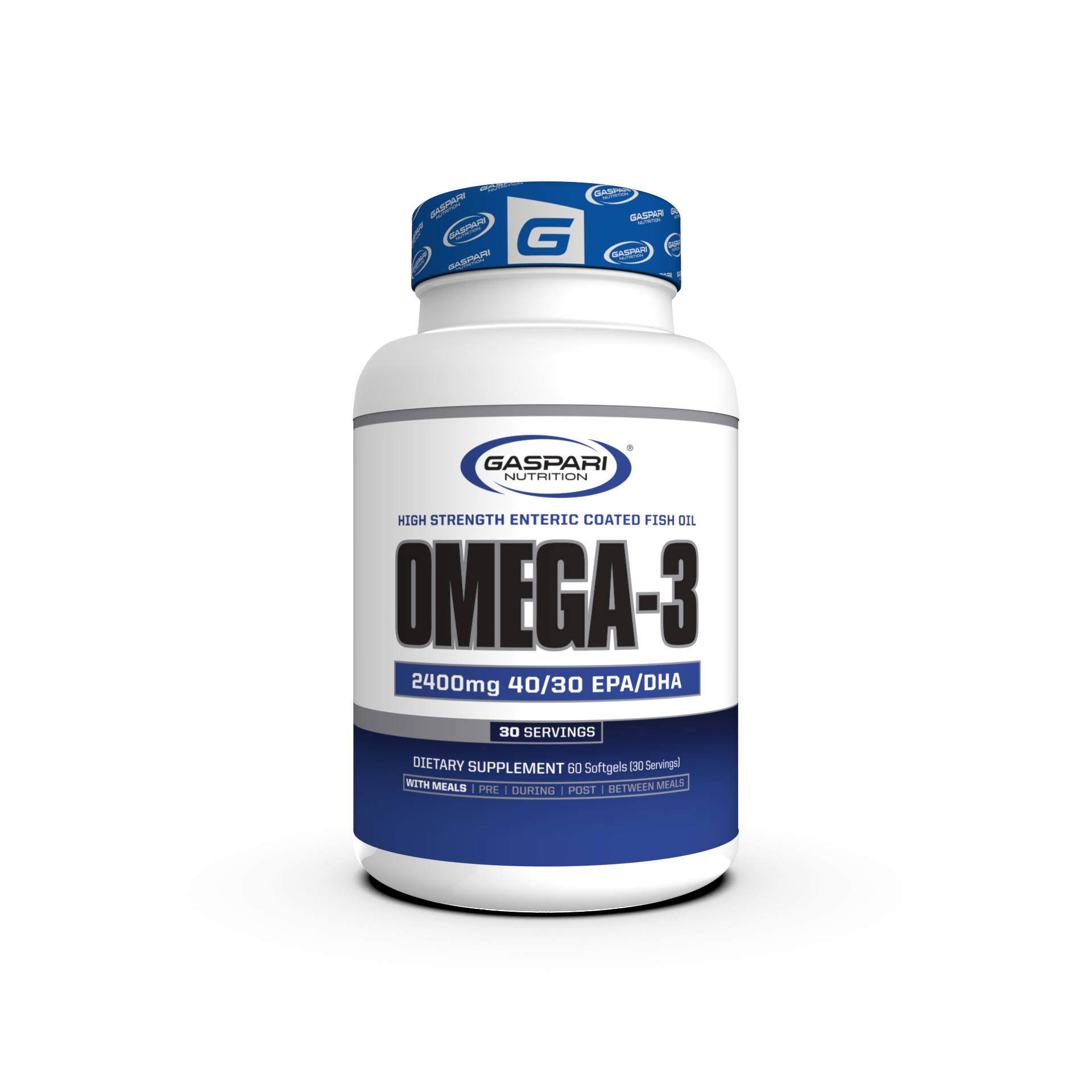



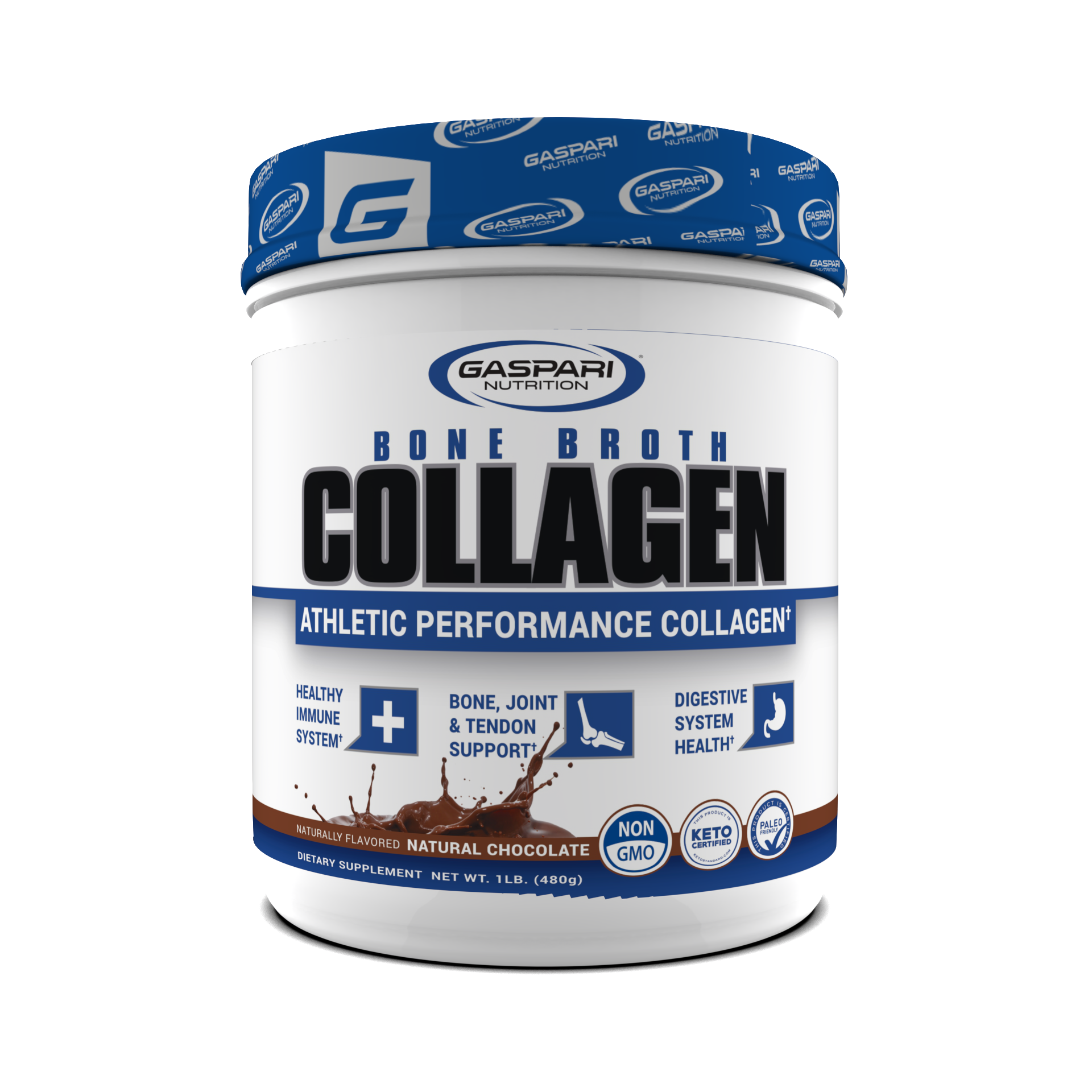















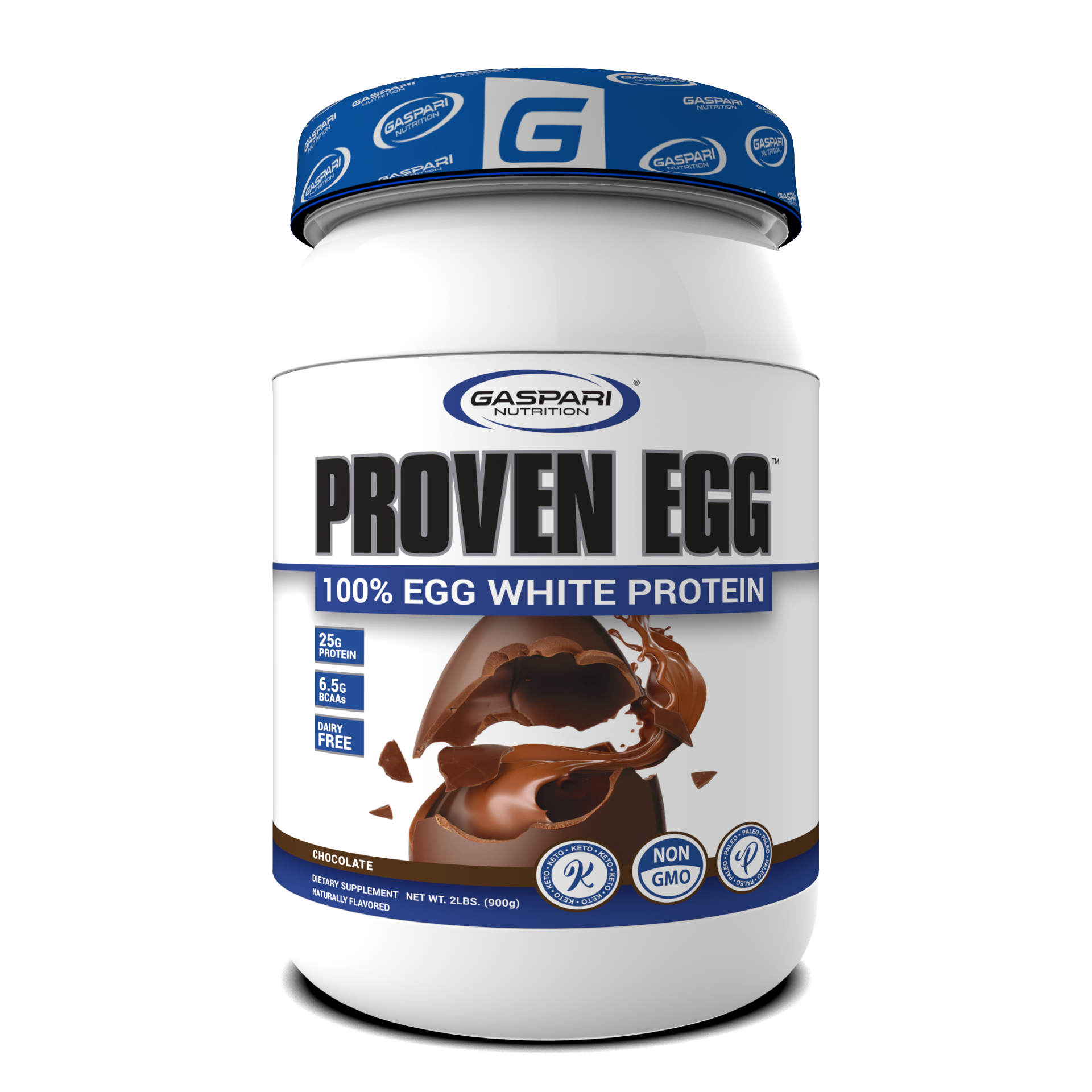

Share:
How to Perform the Cable Lateral Raise
How To Increase Your Bench Press